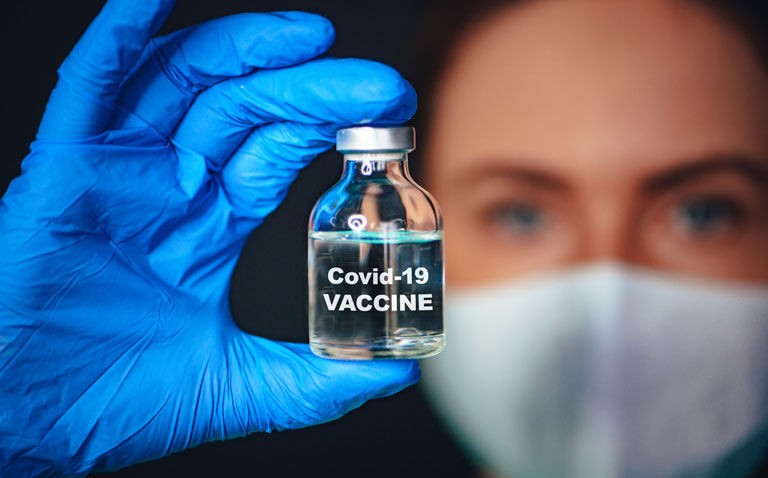With COVID-19 vaccine effectiveness reducing over time it is likely that preventative measures such face-masks might still be needed
According to the findings of a systematic review in the Lancet, COVID-19 vaccine effectiveness wanes over time, even following booster doses, indicating that in the longer-term, it may be necessary to continue with preventative measures such as face-mask wearing and physical distancing to help manage the pandemic.
While the introduction of COVID-19 vaccines had an enormous impact on hospitalisations and mortality due to infection with the virus, it has been recognised that induced antibody levels reduce over time. A previous systematic review in 2022 observed that while vaccine efficacy against severe disease only dropped by 10% from one to six months, it reduced by approximately 21% against infection after 6 months and by nearly 25% against symptomatic illness. However, the analysis did not consider the impact of COVID-19 booster doses. As a result, in the current study, researchers examined the effectiveness of vaccination against infection, hospitalisation and death among those who had received a booster dose.
The team examined studies that provided data on vaccine effectiveness for at least 112 days after the primary series of vaccinations or at least 84 days after receipt of a booster dose. They set the primary outcomes of interest as effectiveness against COVID-19 infection, hospitalisation and mortality.
Vaccine effectiveness against COVID-19 outcomes
A total of 68 studies were included in the final analysis.
Overall effectiveness against any strain of COVID-19 reduced from 83% after a primary series of vaccinations to 62% by 112 to 139 days. Similarly, baseline effectiveness against hospitalisation was initially high at 92% but dropped to 79% after 168 – 195 days, as did effectiveness against mortality (91% to 86%) over the same period of time.
Among those who had received booster doses and for which most studies included the omicron variant, vaccine effectiveness against infection was initially 70% but reduced to 43% after 112 days. Similarly, boosted doses against hospitalisation reduced from a baseline of 89% to 71% over the same period of time. The authors reported that there was insufficient data to assess the impact on mortality.
Commenting on their findings, the authors suggested that maintaining COVID-19 prevention behaviours including the wearing of face-masks and physical distancing as well as vaccination may be necessary to reduce transmission of the virus, given how immunity wanes over time. They called for future studies to investigate the effectiveness of simultaneously using multiple approaches such as vaccination and face-masks as transmission preventative strategies.
Citation
Wu N et al. Long-term effectiveness of COVID-19 vaccines against infections, hospitalisations, and mortality in adults: findings from a rapid living systematic evidence synthesis and meta-analysis up to December, 2022. Lancet Respir Med 2023










